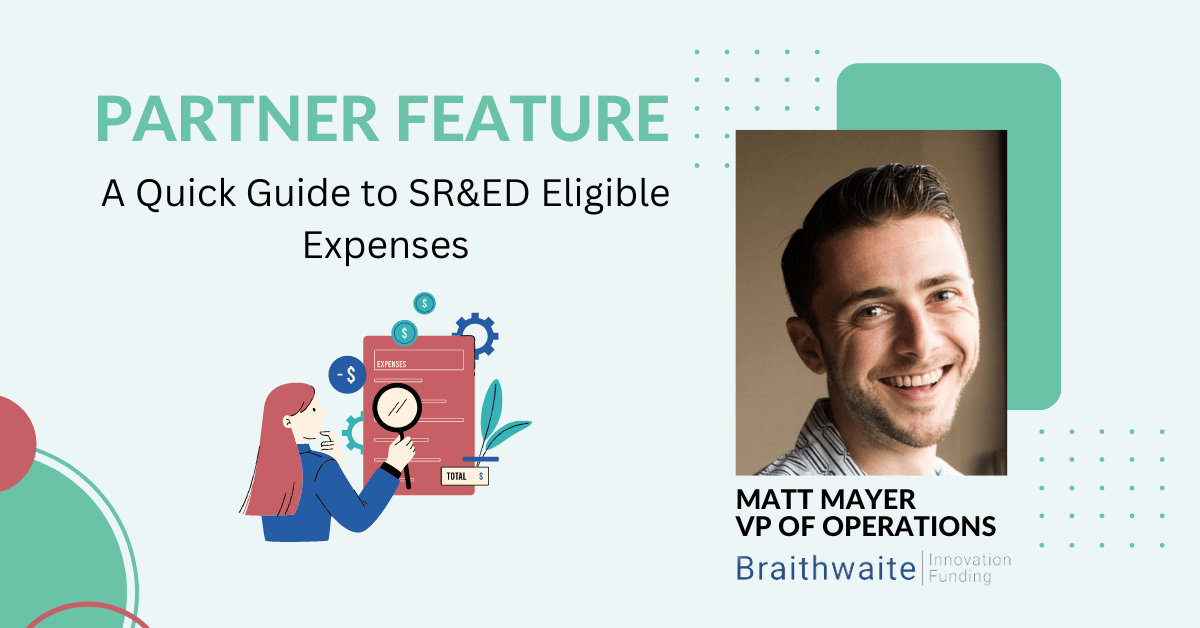It’s no secret that artificial intelligence – or AI – is one of the most exciting areas of technological innovation. By 2018, 75% of developer teams will include AI in one or more applications or services, and the AI market will surpass $100 billion by 2025. Like the internet, it has the potential to completely revolutionize our lives.
So, what part is The Six playing in this gamechanger? We’ll take a look at some of the main players in the city in a minute, but let’s first take a look at AI’s role in the information economy by comparing it to a few other big buzzwords.
It all starts with the internet of things, which allows us to add internet connectivity to all sorts of devices, from smartwatches and smartphones to traffic lights and refrigerators. These devices generate data, and when we have enough data to aggregate it and analyze it on a large scale then we call it big data. Artificial intelligence analyses that data to arrive at its own conclusions, and if that AI is advanced enough to “teach itself” through trial and error and to make decisions based on factors that no human told it to look for, we call that process machine learning.
The Benefits of AI
That might all sound a little technical, but the basic concepts behind AI are easy to master – and if you’re struggling, it helps to look at the benefits. If you take that data from the traffic lights and get AI to control the system, you can cut down on congestion and reduce accidents.
But the biggest benefits of AI could come through the healthcare industry, and in the not-too different future, you might find that artificial intelligence has saved your life. Given enough data, it can help physicians to manage the population’s health as a whole and even unlock new ways of treating patients or preventing illnesses from becoming a problem in the first place.
And of course, Toronto is playing a key role in bringing AI-powered healthcare to the masses. There’s Cyclica, for example, which is using AI and machine learning to discover new drugs – and has secured nearly $3 million in funding. Their software evaluates and compares small molecules to understand how they interact with the human body.
Toronto’s AI scene
But it’s not just the healthcare industry that’s set for disruption. Toronto is also home to Wysdom.ai, which aims to make it easier for companies to offer digital support by using AI and a cognitive data library of 125,000 questions to reduce call volume and increase customer satisfaction. Then there’s Ideal, which aims to bring AI to recruitment and which has already raised over $2.5 million to help bring their product to market. The goal is to take some of the hassle out of recruitment, and it claims to reduce the amount of time needed by 75%, to cut costs by 70% and to make recruiters three times more efficient.
Meanwhile, Naborly is bringing disruption to the rental screening industry thanks to its $1.5 million in equity. It takes care of all of the usual stuff, like verifying renters’ employment status and performing background checks, and then provides landlords with an idea of whether a tenant will be a good fit. It can even do the same in reverse, letting tenants know whether they’re likely to be happy in their new apartment based on amenity locations, neighbourhood demographics and other information.
And then there’s arguably the most Canadian AI startup of them all: Iceberg, which uses advanced analytics, artificial intelligence and computer vision to track and identify players, pucks and other objects. It then crunches the data and can provide an in-depth analysis of how the play unfolded, which could prove to be super useful for coaches, clubs and players who want to improve their performance.
Integrate.ai, founded by former Facebook exec Steve Irvine, is one of the city’s fresher faces, but if their initial Seed round of $5 million is anything to go by then they’re serious players and they’re here to stay. Founded in February 2017, the company is still finding its feet in what’s becoming a rapidly crowded marketplace, but it looks like they’re set to offer AI as a service to allow companies in other industries to take advantage of the potential of artificial intelligence.
They say that their mission is “to build a future in which AI enriches people’s lives while creating a better, more valuable business”, and they plan to do this by making customer interactions “more natural and valuable” at enterprise B2Cs. The idea would be for banks, retailers, ecommerce companies and other multinationals to use their platform to customize offerings through machine learnings – basically, like Netflix and Spotify are already doing with music and movie recommendations.
This boom in AI innovation hasn’t gone unnoticed by politicians, either. Kathleen Wynne, Premier of Ontario, gave a speech to a room of University of Toronto researchers, government officials and Canadian AI companies in which she said, “We can own this space. This is who we are.” And she has a point.
Conclusion
Toronto’s status as a hub for AI didn’t just happen overnight. Like all great historical hubs, whether we’re talking about trade, art, music or technology, it was spawned by a movement. It started with one AI company. Then another one came along, and then another. Word started to spread. Suddenly, AI companies weren’t being launched by chance. They were being nurtured by a community that grew and grew, attracting more and more talent and adding fuel to the fire.
There used to be a sort of unspoken rule in the tech industry that you had to be based in Silicon Valley. But these days, with global innovation hubs and huge startup activity in cities like London, Berlin, Singapore and Toronto, that rule no longer holds true.
Plus let’s face it – with an uncertain political climate, difficulties getting Visas and the high cost of living in Silicon Valley, Toronto seems like a pretty smart choice. Especially if you’re a burgeoning AI entrepreneur and you want to learn from some of the brightest minds in the field. You won’t find them in Silicon Valley. You’ll find them here.
Visit venbridge.com for more details on non-dilutive venture debt and tax credit consulting services. Venbridge’s services allow you to maximize your government tax incentives, better manage cash flow, and invest more in the areas you need.
+1-833-386-3632




